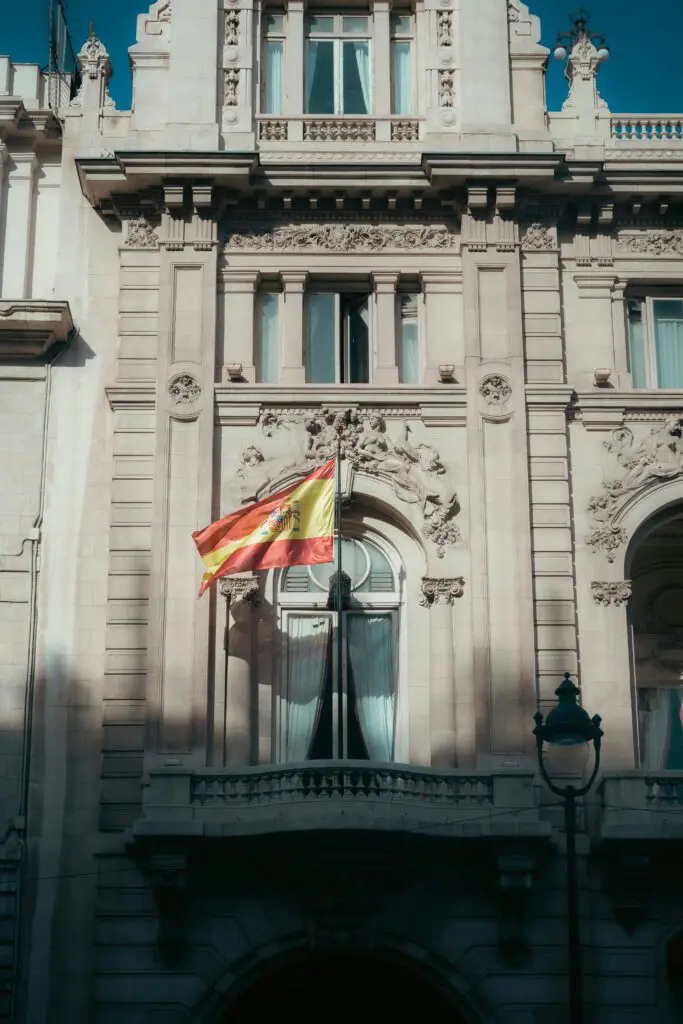A trust is a legal relationship originating in common law whereby a person (the settlor) transfers assets to another (the trustee) to hold and manage for the benefit of one or more beneficiaries. The trustee holds legal title, while the beneficiaries enjoy the equitable or beneficial interest.
Although often compared to civil law concepts such as the fiducia or fideicomiso, a trust is not identical. What makes it distinctive is the separation between legal ownership and beneficial ownership — a duality that exists in common law systems but civil law systems have historically struggled to recognise.
That said, the underlying contractual and fiduciary obligations of a trust are fully recognisable under any legal system. They reflect enforceable duties of management, accountability, and transfer of property, all of which civil law traditions can interpret and regulate.
Reconciling trusts with civil law does not require importing foreign concepts wholesale, only adapting them through statutory recognition.
The incoherence in Spanish law
Spain has no statutory regulation of trusts, nor has it ratified the 1985 Hague Convention on the law applicable to trusts and their recognition. Officially, the trust “does not exist.”
And yet:
- Spanish courts and the tax administration frequently acknowledge trust effects when convenient.
- Treaties and administrative rulings mention trusts without defining them.
- The contractual relationships between settlors, trustees, and beneficiaries are indirectly recognised.
In other words, the legal architecture of the trust is understood and applied when useful, but remains undefined in Spanish law. A small amount of legislative intent would be sufficient to create coherence.
The DGT ruling (V0986-25, June 2025)
This incoherence is illustrated in the latest binding ruling by the Spanish Directorate General of Taxes (DGT).
- A Panamanian settlor created several trusts, acting as settlor, trustee, and sole beneficiary during his lifetime.
- While alive, the assets remained fully his, so his Spanish-resident daughter had no Wealth Tax or Solidarity Tax obligations. Therefore, Spain recognises it as a testamentary provision.
- Upon his death, Spain treated the transfer as a direct transmission from father to daughter, fully subject to Inheritance and Gift Tax (ISD).
The special inbound workers regime (Beckham Law, art. 93 LIRPF) did not alter this outcome: ISD obligations applied regardless.
The paradox
Thus, the trust in Spain is both invisible and recognised. For civil law, it is disregarded; for tax law, it is treated as transparent but effective. This contradictory framework generates uncertainty for international families and complicates cross-border estate planning. The lack of substantial Supreme Court case law and statutory regulations do not make it easier either.
Towards reconciliation
Trusts are not foreign to civil law. Their essence — fiduciary duties, contractual obligations, and the management of assets on behalf of others — is fully reconcilable within Spanish legal principles, provided there is a legislative framework. With a carefully drafted trust deed, the use of complementary Spanish legal instruments, and appropriate tax planning, trust provisions can be structured in a way that is both enforceable and effective under Spanish law.
Until then, Spain remains caught in a paradox: applying the effects of a trust without granting it legal existence. This incoherence undermines legal certainty and burdens taxpayers who operate internationally.
Please contact us if you have any questions regarding trusts and the Spanish tax and legal consequences of such trust.








